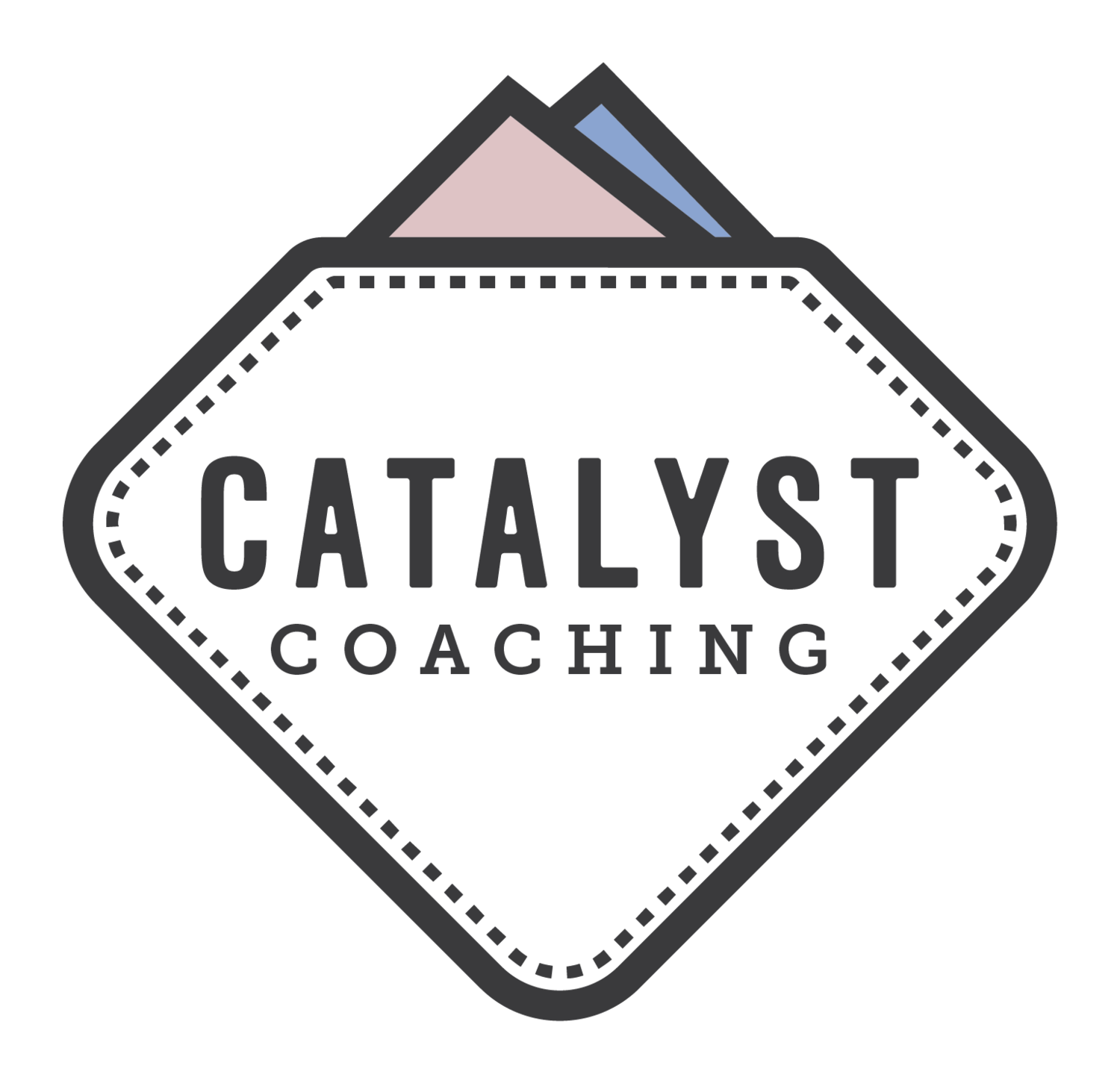A Perspective on Injury
/“Injury”, it is a bit of an interesting term. An interesting term because it can span such a range of issues, and such a range of repercussions. A scrape from a slide out in a corner is a fair injury, but so is a concussion that might keep an athlete out of training for a couple months if not longer. The implications vary, but the term stays the same. That said the goal here is not to have a ramble on semantics, rather to have a rant on dealing with injury.
I think this is a clichéd sentiment at this point, but a good starting point is the idea that most athletes are relatively good at working hard, relatively good at taking action. That brings about the first challenge in injury. Often injury calls for rest, a decisive move of inactivity. Already, I think this presents a mental challenge – athletes want to be an active participant in determining their fate, and resting can feel like taking a back seat in recovery from injury. The reality is usually different though, there may be a period of rest, but injuries often present the opportunity to do a lot of work and rehab to strengthen the body. Work that is different, and maybe not as enjoyable as an athlete’s “normal training”, but just as valuable – if not more so.
The next point of my injury manifesto; injury often happens due to a chink in the athlete’s armor. Not always. For every overuse injury there are equal or more fluke crashes resulting in a broken collarbone. But for a moment, let’s think about the case of an overuse injury, like a bout of tendinitis. The go to perspective is that injuries like that are speed bumps, a step back, something to be dealt with. At this point I’ve had my fair share of injuries, I’ve had athletes with their fair share of injuries, and I’ve come to a different conclusion. An injury presents not a short-term anchor to be shed as quickly as possible, but rather a chance to get better as an athlete. Sure, there is the mental aspect of building patience, and hard work, and etc, etc – but I think on a simpler level, there are real performance gains to be had because of injury.
As I said, I believe an injury often happens due to a chink in the athlete’s armor. Injuries like tendinitis can creep up because of weakness somewhere in the human structure, or maybe not weakness but a neural recruitment issue, or an imbalance issue, and the list goes on. The list of potential traps is long, and that is why the list of injuries is long. But when we get an injury, it throws our weakness in our face, and gives us a chance to address it. So to me, as I’ve gotten older and seen more injury – I consistently see two types of athletes with injury. There are athletes that “deal with” injury, and get back to being the way were before the injury as quickly as possible. And there are athletes that drill down and rather than trying to return to the athlete they were prior to injury, they push through the injury to become a better athlete than they were before that injury. The first injury will probably get that injury again, they’ll get through it, but it might become pretty cyclical. The second athlete might get an injury again, but it probably won’t be the same one, and it’ll further help them improve their strength. Through these trials and errors, they not only get healthy after injury, but also usually reach a higher level because of the limiters they’ve addressed.
As I stand on my soapbox, I do have to say that as an athlete myself I did not handle injury well. I sulked. I viewed it as “unfair” rather thank taking ownership of the fact that I could invest more energy strengthening my body and probably not be so injury prone. Honestly, that attitude probably was a big factor in ending my career as a cyclist. It’s funny how now that I’m a “hobby athlete” I actually invest more time in preventing injury.
So, I guess the point being injury doesn’t have to be fun. However, I encourage folks to view it as an opportunity to work towards their maximum potential as an athlete. Injury is challenging, but also some of the most valuable feedback our bodies give us. Thanks for reading. Writing a rant never gets old, but I’d imagine reading one does.












